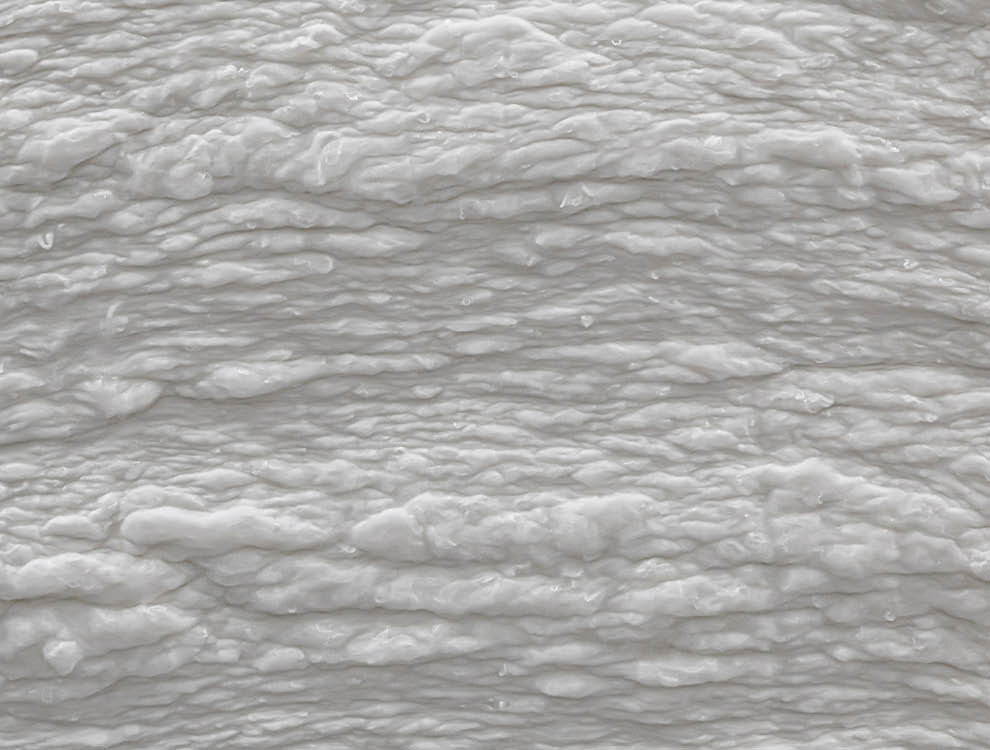Nonwovens and their unique properties
The nonwovens market has seen steady growth in recent years. This is due to the versatility and wide range of applications of nonwovens. The composition of nonwovens can vary depending on the field of use, but generally they consist of a loose web of fibers bonded together by processes such as spunlace, needlepunch or thermofusion. This structure gives them several unique properties, including breathability, moisture management and light weight. These properties make nonwovens a preferred material in areas such as filtration, hygiene and even in the automotive industry, where weight savings play an important role.
Stability: a crucial property for nonwovens
Stability is a key element of nonwovens. This is because nonwovens consist of fibers that are bonded together by using various manufacturing methods to form a textile fabric. These fiber bonds ensure a strong, resilient structure. The stability of nonwoven fabrics depends on various factors. For example, the type of fibers used, the bonding method and the thickness of the material. The stability property plays a particularly important role in areas such as the automotive and construction industries. There, nonwovens are used for various purposes due to their strength and durability, for example as absorber material or upholstery.

Open-pored nonwovens for improved efficiency and performance
Another property of nonwovens is their open-pred structure, which is particularly important in acoustics and insulation products. Their structure allows nonwovens to absorb heat and sound, resulting in effective noise reduction, optimum temperature management and at the same time in a more pleasant acoustics environment. When used specifically in areas with high noise levels, nonwovens help to create quieter working and living spaces. In addition, the open-pored structure makes nonwovens ideal for thermal insulation. They help to reduce heat loss and increase energy efficiency. These properties make them an indispensable component in areas such as construction and the automotive industry.
Effective fluid management for dryness and comfort
Nonwovens are extremely effective at managing fluids – especially in applications such as diapers. They can efficiently transport moisture through the material and store it in other absorbent materials. This prevents rewet and ensures that it is effectively absorbed. This creates comfort in use and prevents leakage. A common test to check this function is the so-called rewet test. This measures the ability of a nonwoven to retain fluid and prevent it from returning to the surface. Nonwovens that successfully pass the rewet test offer high performance in fluid management and ensure a dry and comfortable wearing experience.




